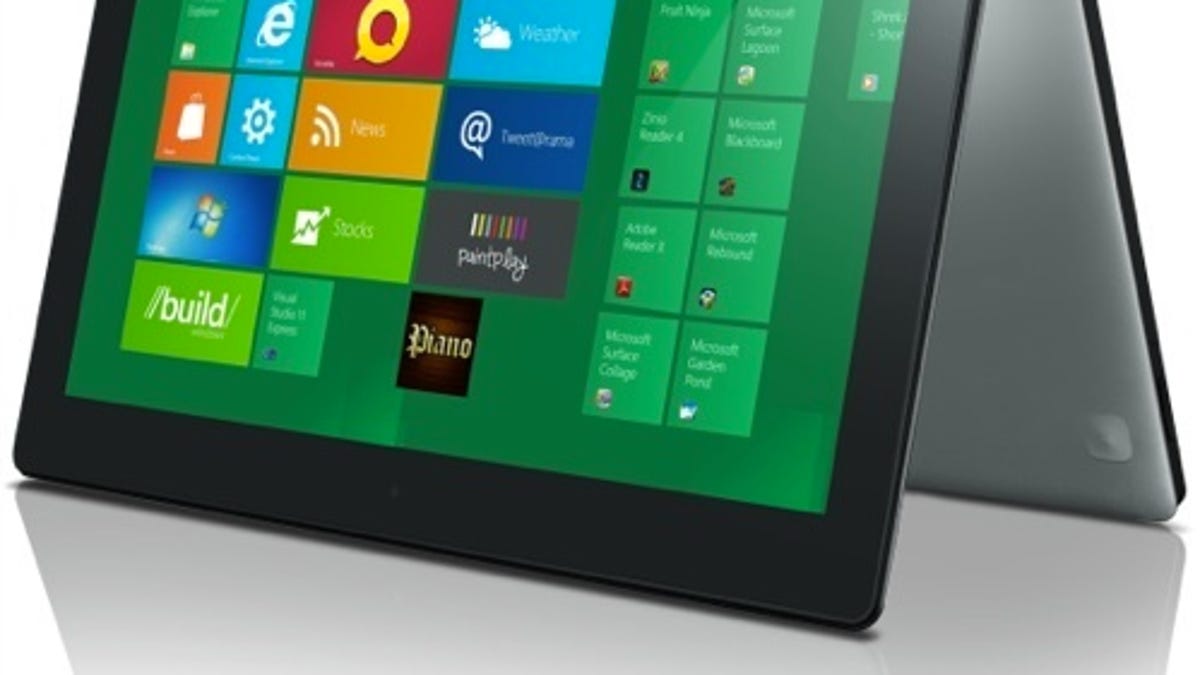Windows 8 RT to bring eclectic mix of PCs
Windows running on power-efficient chips from ARM will inject a new dynamic into the PC market.

Microsoft affirmed today that Windows running on power-efficient chips from ARM will yield smaller, lighter devices. Not unlike Intel's goal for ultrabooks.
As of today, Windows on ARM is officially called Windows RT, or Windows Runtime -- which essentially refers to the Metro part of Windows 8.
Main points of today's Microsoft Windows RT announcement:
- Pre-installed only: "This single edition will only be available pre-installed on PCs and tablets powered by ARM processors and will help enable new thin and lightweight form factors with impressive battery life."
- Touch-optimized Office: "Windows RT will include touch-optimized desktop versions of the new Microsoft Word, Excel, PowerPoint, and OneNote."
- Development: "For new apps, the focus for Windows RT is development on the new Windows runtime, or WinRT, which we unveiled in September and forms the foundation of a new generation of cloud-enabled, touch-enabled, web-connected apps of all kinds. "
Thin, lightweight, long battery life? That describes an ultrabook, doesn't it? And let's not forget tablets and hybrids based on Intel's upcoming Clover Trail (Atom).
All of this will make for an interesting -- or confusing, depending how you look at it -- mix of products.
Of course, Intel will make the case that Windows 8 on Intel is the only fully compatible version of Windows 8 because Intel-based devices can run older Windows apps.
But we'll see if this makes any difference to consumers. I suspect that for a lot of consumers, Office 15 running on Windows RT will be enough. For businesses, the ability to run so-called Windows legacy applications will be more important.
Whatever the case, Intel-AMD hegemony is in jeopardy and more than a little confusion may ensue.

